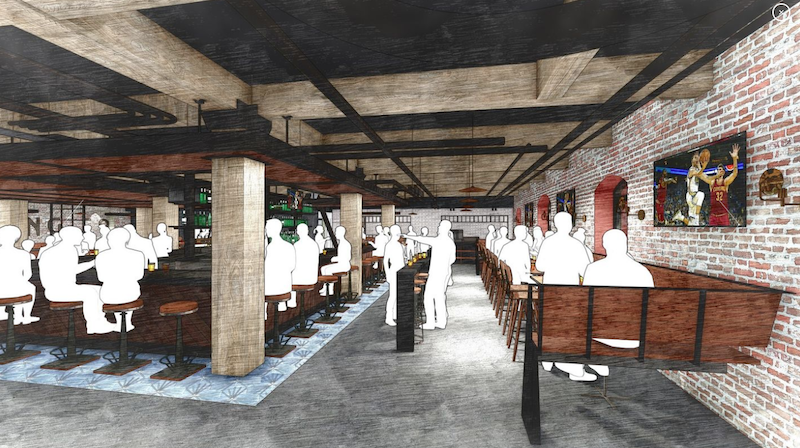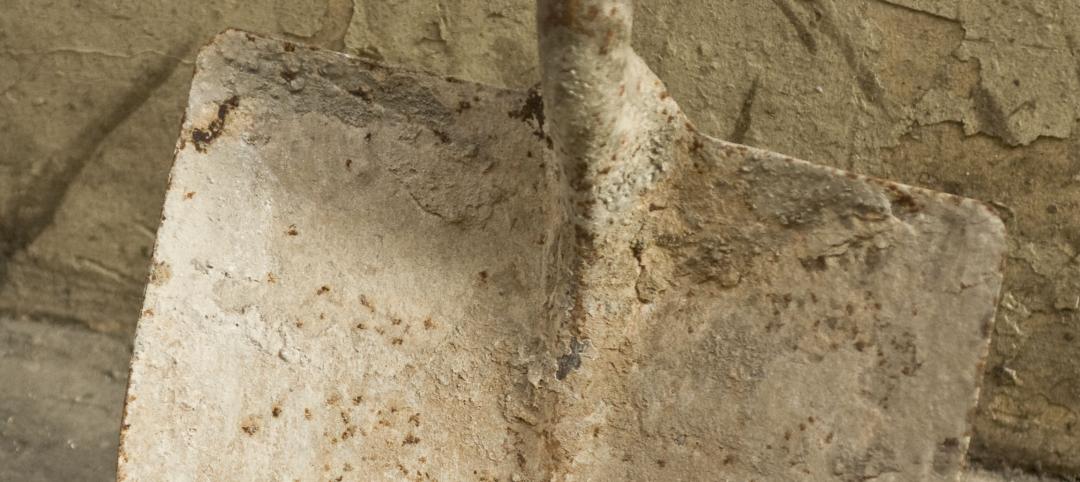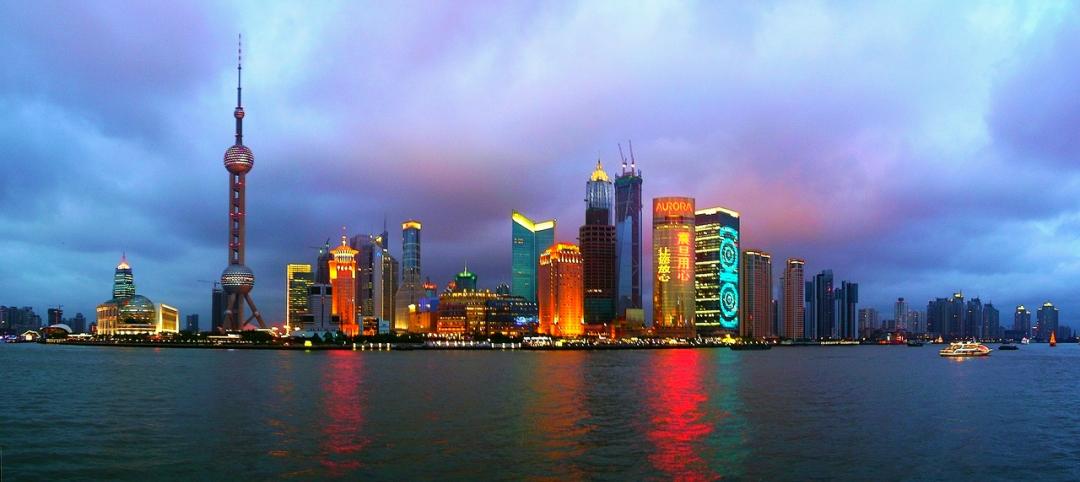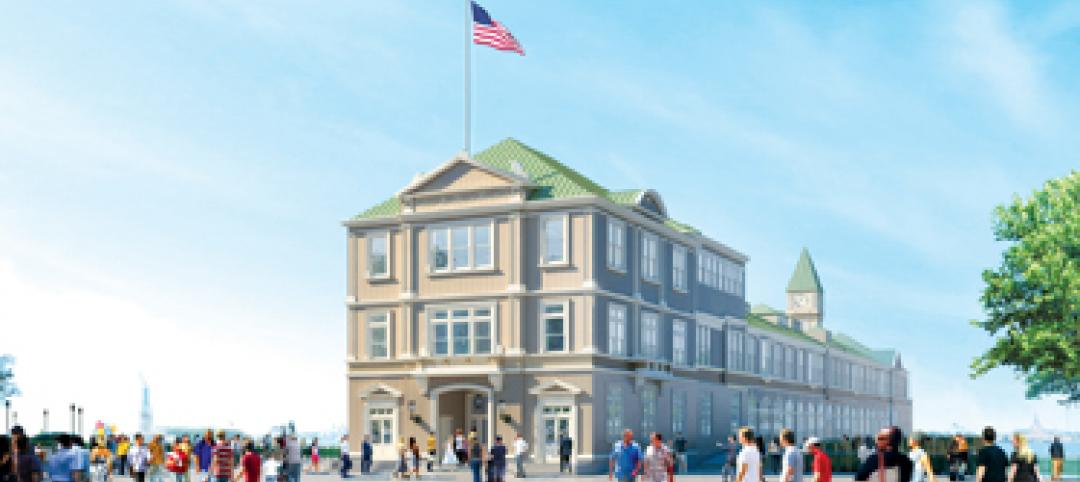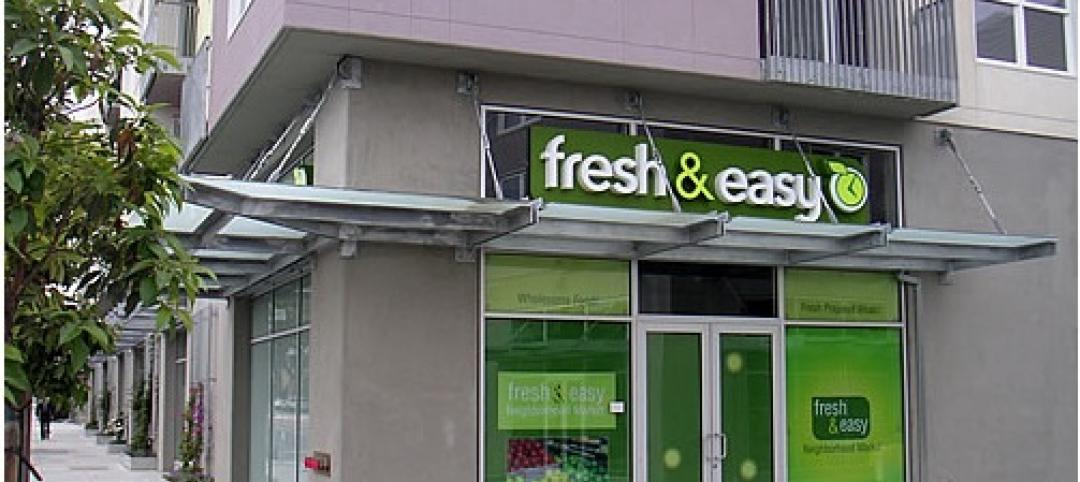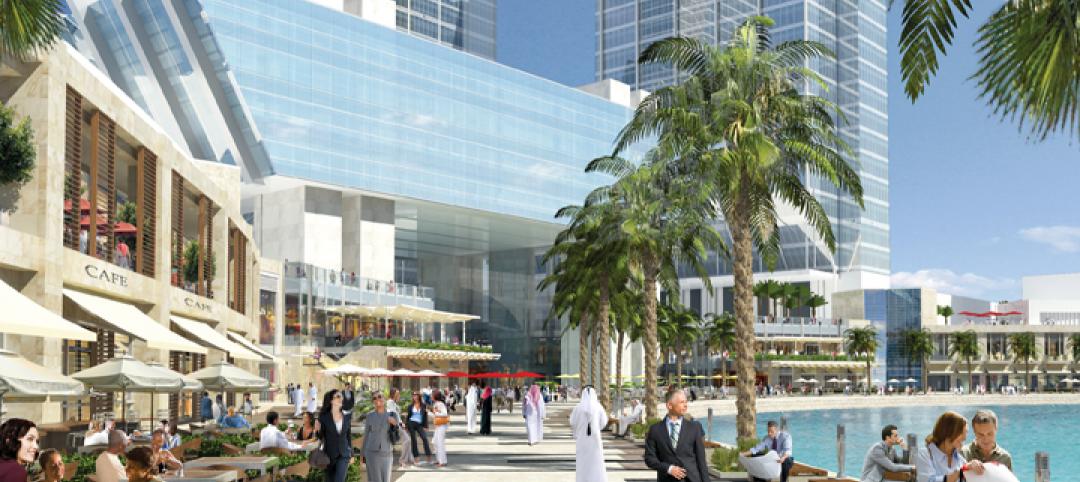Society views millennials in the same light that Homer Simpson views alcohol: they are the cause of, and solution to, all of life’s problems.
Every week it seems another article is released accusing millennials of killing something: department stores, fast food, and homeownership, just to name a few. But at the opposite end of the spectrum, millennials have also been credited with shirking the status quo and driving the global economy forward in new and unique ways.
San Francisco is often considered a haven for the stereotypical millennial, so it makes sense that a new tap room and brewery (how millennial is that?) in Ghiradelli Square has been designed to specifically cater to the millennial crowd. San Francisco Brewing Co.’s first tap room and brewery is a 12,000-sf restaurant with a 100-seat outdoor beer garden with fire pits and communal seating.
See Also: Miami International Airport is home to the first Johnnie Walker store in the U.S.
Designed by BCV Architecture + Interiors, the restaurant’s 22-foot shuffleboard table, ping pong tables, foosball tables, Pop-A-Shot, and cornhole boards were included specifically to attract more of the brand’s millennial clientele. Guests will also be allowed to use prepaid RFID cards to access taps and pour their own beer samples and take a look into the brewery to see how the process works (who are we kidding, they are probably all brewing their own beer at home and documenting the whole process on their blog).
The tap room and brewery uses a rustic, industrial design that incorporates timber framing and black steel accents from the existing building into the new design. The flagship tap room officially opened on May 9.

Related Stories
| Sep 23, 2011
Under 40 Leadership Summit
Building Design+Construction’s Under 40 Leadership Summit takes place October 26-28, 2011 Hotel at the Monteleone in New Orleans. Discounted hotel rate deadline: October 2, 2011.
| May 17, 2011
Redesigning, redefining the grocery shopping experience
The traditional 40,000- to 60,000-sf grocery store is disappearing and much of the change is happening in the city. Urban infill sites and mixed-use projects offer grocers a rare opportunity to repackage themselves into smaller, more efficient, and more convenient retail outlets. And the AEC community will have a hand in developing how these facilities will look and operate.
| Apr 12, 2011
Retail complex enjoys prime Abu Dhabi location
The Galleria at Sowwah Square in Abu Dhabi will be built in a prime location within Sowwah Island that also includes a five-star Four Seasons Hotel, the healthcare facility Cleveland Clinic Abu Dhabi, and nearly two million sf of Class A office space.
| Mar 30, 2011
Big-box giants downsize, open smaller, urban stores
As U.S. chain retailers absorb the lessons of the Great Recession, many big-box chains have started to shrink average store footprints to reflect the growing importance of multi-channel shopping, adapt to urban settings, and recognize the need to optimize portfolios. Wal-Mart, Target, Best Buy, and the Gap, among others, all have small concepts in the works or are adapting existing ones. These smaller store formats should allow the retailers to maximize profitability and open more stores in closer proximity to each other.
| Mar 22, 2011
Mayor Bloomberg unveils plans for New York City’s largest new affordable housing complex since the ’70s
Plans for Hunter’s Point South, the largest new affordable housing complex to be built in New York City since the 1970s, include new residences for 5,000 families, with more than 900 in this first phase. A development team consisting of Phipps Houses, Related Companies, and Monadnock Construction has been selected to build the residential portion of the first phase of the Queens waterfront complex, which includes two mixed-use buildings comprising more than 900 housing units and roughly 20,000 square feet of new retail space.
| Feb 23, 2011
Unprecedented green building dispute could cost developer $122.3 Million
A massive 4.5 million-sf expansion of the Carousel Center shopping complex in Syracuse, N.Y., a project called Destiny USA, allegedly failed to incorporate green building components that developers had promised the federal government—including LEED certification. As a result, the project could lose its tax-exempt status, which reportedly saved developer The Pyramid Cos. $120 million, and the firm could be penalized $2.3 million by the IRS.


